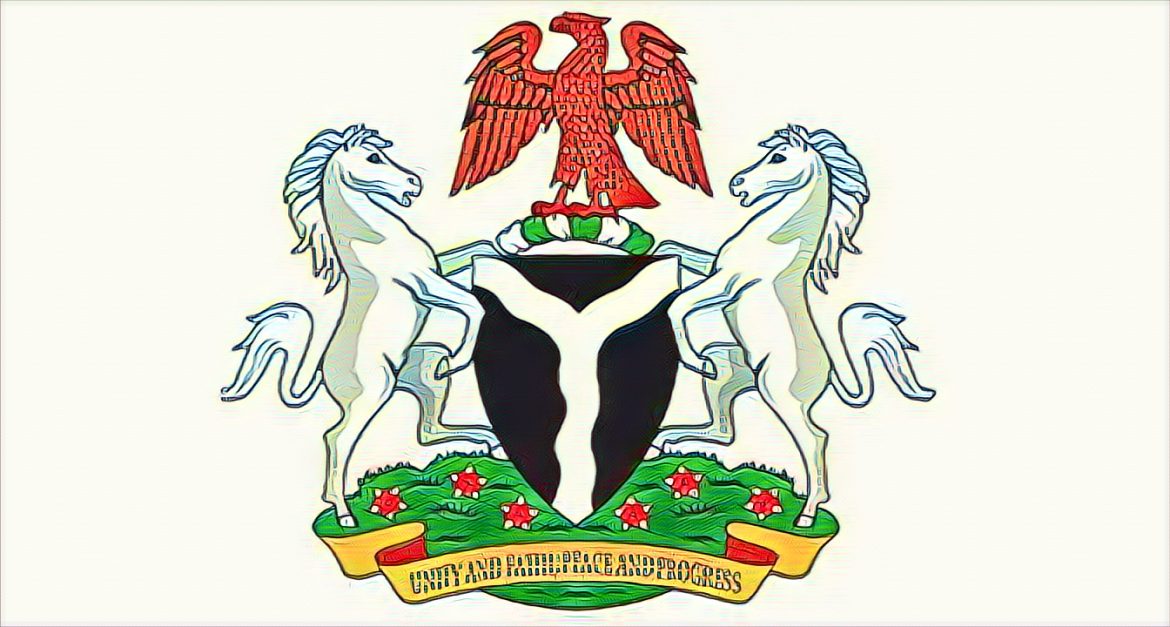The Nigerian economy, already teetering on the brink, faces a new crisis. The exodus of multinational corporations, once seen as pillars of stability and growth, threatens to destabilize the nation’s economic structure. Experts have issued stern warnings: unless Nigeria takes decisive action, the country risks a complete economic collapse.
At the heart of the crisis is the departure of key players in various sectors – oil & gas, pharmaceuticals, and Fast Moving Consumer Goods (FMCG). These exits pose a significant threat to the Nigerian government’s ambitious target of N3 trillion in tax revenue and jeopardize thousands of jobs.
The latest blow came from Unilever Nigeria, halting the production and sales of home care and skin cleaning products. This move follows a trend seen over the past three years, with about 22 multinational firms leaving Nigeria, leading to a staggering 20,000 job losses and pushing the unemployment rate to 33.3%.
The reasons for these departures are complex and multifaceted. Companies face a myriad of challenges: energy crises, insecurity, inconsistent government policies, foreign exchange shortages, and heavy taxation. This grim scenario was painted in a report by Cardinal Stone, titled ‘Strategic Resilience: Sailing Through Business Disruptions,’ highlighting the continual high operating costs for firms, especially in the FMCG sector.
The report rings alarm bells over the potential exit of more multinationals in 2024 if conditions don’t improve. A particular concern is the significant depreciation of the Naira, which fell from N422.00/$ in June 2023 to N951.94/$ by December 2023, further compounding the financial challenges for these companies.
The oil and gas sector hasn’t been spared either, with the recent exit of Shell from its onshore operations. While the Minister of State for Petroleum Resources, Heineken Lokpobiri, sees this as an opportunity for local players, concerns linger over their capacity to fill the void left by such a giant.
Former Chairman of the Manufacturers Association of Nigeria, Mr. Frank Onyebu, acknowledges the troubling trend of multinational corporations leaving Nigeria. He cites various factors driving this exodus: policy inconsistencies, infrastructural deficiencies, and unprecedented insecurity, among others. Onyebu warns of the dire consequences of this trend, emphasizing the potential loss of over N100 billion in tax revenue and the exacerbation of unemployment, which could worsen Nigeria’s already precarious security situation.
According to Mr. Muda Yusuf, Founder and CEO of the Center for the Promotion of Private Enterprise (CPPE), the departures are largely due to the volatile macroeconomic environment and currency depreciation. These factors have eroded shareholder value and led to significant financial losses for companies with foreign currency exposure.
The Chairman of the SMEs Group of the Lagos Chamber of Commerce and Industry, Mr. Daniel Dickson-Okezie, echoes these concerns. He points to a sharp drop in investment and foreign direct investment inflows, which have turned negative for the first time in 33 years. To reverse this trend, Dickson-Okezie advocates for measures to stabilize forex availability, reduce inflation, offer tax incentives, and address issues like power supply, port congestion, and multiple taxation.
The situation is dire. As multinational corporations retreat, the Nigerian government faces the daunting task of fostering a business environment conducive to both foreign and local investment. The clock is ticking, and the actions taken in the coming months could determine the trajectory of Nigeria’s economic future.


